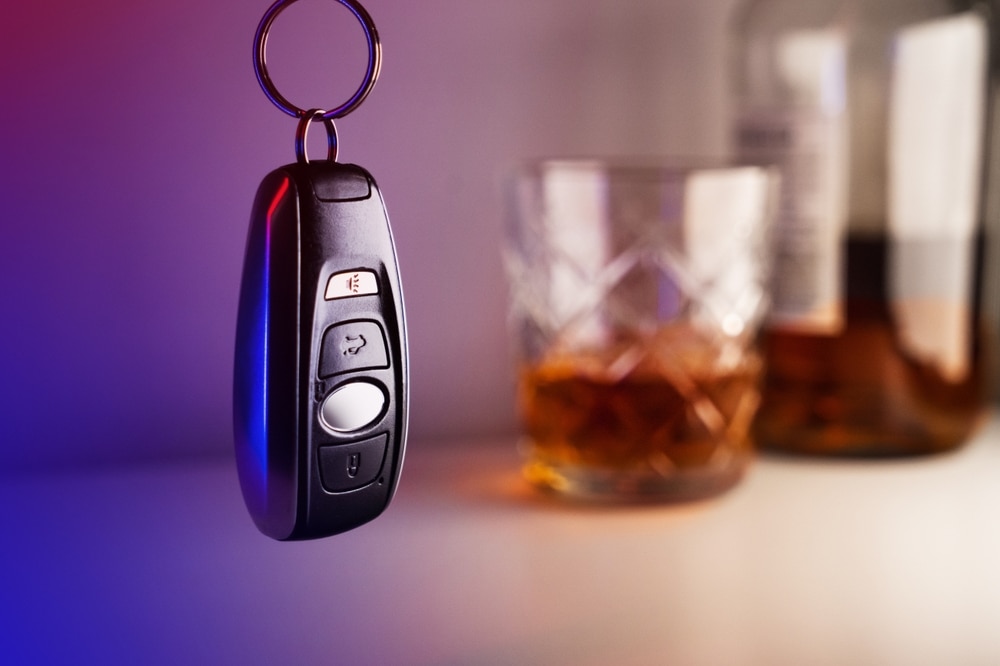Understanding DUI Charges in Texas
In Texas, a DUI charge can arise from operating a vehicle while under the influence of alcohol or drugs. It is essential to understand the severity of these charges, as they can lead to significant legal consequences, including fines, license suspension, and even jail time. The state categorizes DUI offenses based on factors such as blood alcohol concentration (BAC) and prior offenses, which can influence the penalties imposed.
For instance, first-time offenders may face a Class B misdemeanor, which carries a maximum penalty of 180 days in jail and a fine of up to $2,000. However, if the driver is under 21 and has any detectable alcohol in their system, they can be charged with a DUI, which is treated more severely. Understanding these nuances is crucial for anyone navigating the legal landscape after a DUI arrest.
Common Defenses Against DUI Charges
When facing DUI charges, there are several common defenses that can be utilized to challenge the prosecution's case. These defenses may include questioning the legality of the traffic stop, the accuracy of breathalyzer tests, or the qualifications of the officer administering the tests. Each of these factors can significantly impact the outcome of a DUI case.
For example, if an officer did not have probable cause to stop a vehicle, any evidence obtained during that stop may be inadmissible in court. Additionally, breathalyzer devices must be properly calibrated and maintained to ensure accurate results; if not, the defense may argue that the test results are unreliable. Engaging a knowledgeable attorney can help in identifying and leveraging these defenses effectively.
The Legal Process Following a DUI Arrest
After a DUI arrest, individuals will typically go through a series of legal proceedings that can be complex and intimidating. The process generally starts with an arraignment, where the defendant is formally charged and enters a plea. Following this, pre-trial motions may occur, and if the case does not settle, it may proceed to trial.
During this time, defendants may have the opportunity to negotiate plea deals or explore options for alternative sentencing. Understanding the timeline and steps involved in the legal process is vital for anyone charged with a DUI, as it can influence their defense strategy and potential outcomes.
Impact of a DUI Conviction on Your Life
A DUI conviction can have far-reaching consequences beyond legal penalties. It can affect various aspects of a person's life, including employment opportunities, insurance rates, and personal relationships. Many employers conduct background checks, and a DUI conviction may hinder job prospects in certain fields, especially those involving driving.
Moreover, insurance companies often increase premiums for drivers with a DUI on their record, sometimes significantly. This financial impact can last for years, making it essential for individuals to understand the implications of a DUI conviction and seek legal guidance to mitigate these effects.

